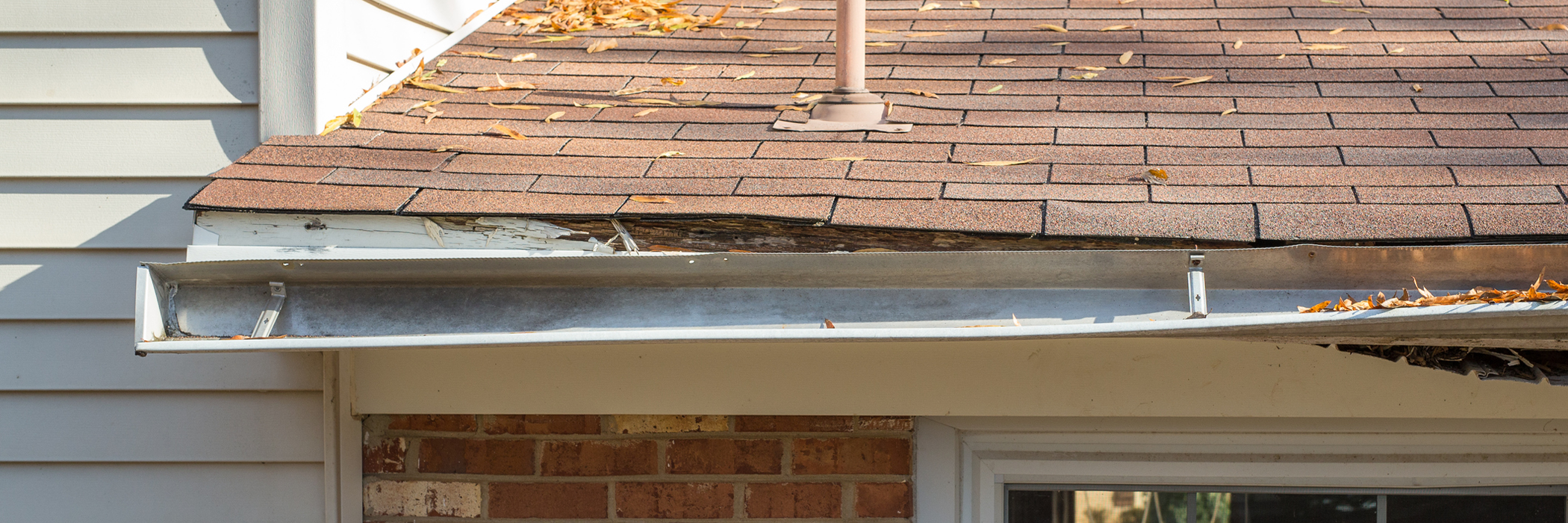When it comes to enforcing your rights, things can get tricky. Hopefully a few emails and calls can sort it out. But if your tradie starts ignoring or blocking your calls, you need to act.
Your rights
The Consumer Guarantees Act (CGA) requires work done by tradespeople to be carried out with reasonable care and skill. If it’s not, the CGA states you can ask the person who did the job to fix it at no cost to you. If they can’t – or won’t – provide a remedy, then you can employ someone else and claim the cost from the original tradie.
The CGA applies to goods and services provided by a tradesperson, but not to whole buildings or parts of buildings.
Residential building work is also covered by the Building Act. The Building Act requires tradespeople to provide warranties that work will be done competently using suitable materials. These warranties form part of every contract for residential building work – regardless of whether the contract refers to the warranties or not – and apply for 10 years.
The Building Act also contains a specific 12-month defect repair period. If you find defects within 12 months of the completion date, the builder must fix them or prove they’re not responsible. Any longer than 12 months, the onus is on you to prove the builder was at fault.
Check your contract
For building work over $60,000, your written contract should set out the process for resolving disputes.
You might have taken up additional protection in the form of a builder’s guarantee (Master Build Guarantee or Halo) – that may have the disputes process laid out.
What if you don’t have a contract?
Even if you don’t have a contract, the Building Act still applies. Within the act, there are default clauses that cover consents, variations, payments, subcontractors, dispute resolution and notices.
Builders can’t escape these clauses as they automatically apply to all residential building work agreements.
Disputes Tribunal
The Disputes Tribunal is your go-to for claims up to $60,000. Lodging a claim costs between $61 and $468 so it can be a relatively inexpensive way of sorting out a problem. While the tribunal hearing is still held in a court building, the whole process is less formal.
An appointed referee will hear evidence and make a binding ruling that can be enforced by the courts if necessary. You don’t have lawyers representing you at the hearing, but you should weigh up getting legal advice beforehand.
If you decide to go down the Disputes Tribunal route, you usually then can’t go through the courts if you aren’t happy with the outcome.

We know your rights
Got a problem with a faulty product, received shoddy service or been misled by a retailer? Our expert advisers can provide clear, practical advice that you can trust.
Mediation, arbitration and adjudication
If your claim is above $60,000, you can choose to use adjudication, mediation or arbitration to resolve matters with a neutral third party involved. Again, you should seek independent advice before commencing proceedings.
Adjudication
The Construction Contracts Act has a formal process for adjudicating on building disputes. The act covers all types of construction work – from building a home to altering or decorating one.
If you take this route, a qualified and independent adjudicator looks at the issues and determines what should be done. The process is relatively quick: you should have a binding decision within 25 working days.
However, it can be costly. Parties to the dispute have to pay the adjudicator’s costs. These can vary hugely – from several thousand dollars to tens of thousands – depending on the scale and complexity of the dispute. On top of this, you’ll have to meet any other costs you incur, such as legal fees.
You and the other parties can agree who will act as the adjudicator. If there’s no agreement, there’s a process for having an adjudicator selected – but you may be charged a fee for this.
Mediation and arbitration
These are other forms of dispute resolution to resolve problems arising under a construction contract. But unlike adjudication, which is a statutory process, you and the tradesperson must agree on using these options and on the mediator/arbitrator.
Mediation is cheaper than arbitration but will still cost a few thousand dollars. But there’s no guarantee you’ll get a resolution: the mediator’s role is to facilitate discussion, not make a ruling.
If you go for mediation, both parties must reach an agreement. That might mean you have to give ground on an issue, even if you feel or know you’re in the right. That can be a bitter pill to swallow.
You’ll get a binding decision from arbitration but you’ll also pay more. Arbitration can cost tens of thousands of dollars.

Comparing the three options
Mediation: cheapest, both need to agree to it, facilitation, not a legally binding decision.
Arbitration: more expensive, both need to agree to it, binding decision.
Adjudication: top dollar, one party can instigate it, binding decision.
Court
Going to court is your final resort. Ministry of Justice figures show there are long waiting times for civil hearings. In some courts, it could take up to a year, or possibly longer for your case to be heard.
Legal costs are also high so even if you’re successful, you could end up out of pocket – or not much better off.
If you are trying to invoke the implied warranties from the Building Act and have not been able to resolve the matter with the tradesperson, you have to take the matter to the courts.
Building Practitioners Board
You can complain to the Building Practitioners Board if a licensed builder has done a substandard job. Builders must be licensed – or supervised by someone who is – if they’re doing restricted building work. However, the board can only discipline the builder – it can’t order compensation. That slap on the wrist won’t fix your leaking window.


